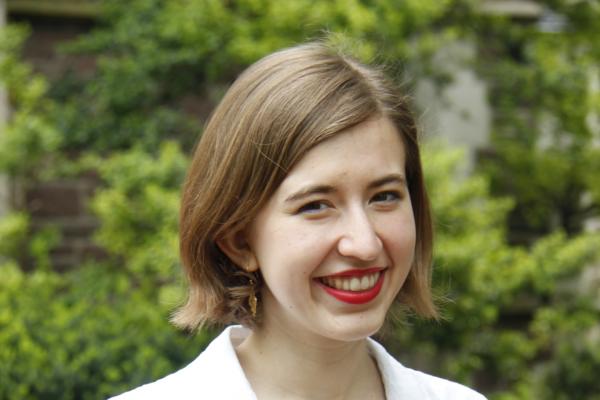Unit Requirements
To graduate from Washington University with a degree from the College of Arts & Sciences, you must complete a total of 120 units, at least 90 of which must be in Arts & Sciences coursework and 30 of which must be at the 300/400/500 level.
While completing 90 or more units in Arts & Sciences, you also complete requirements for one major and the elements of the IQ Curriculum.
The IQ Curriculum
The Integrated Inquiry (or IQ) Curriculum is our signature general-education curriculum. It includes not only a broad foundation of learning in “Core Skills” of writing, numeracy, and social thought, but also the traditional “Areas” of the liberal arts: the humanities, social and behavioral sciences, natural sciences and math, and language and cultural diversity. The IQ Curriculum is designed so that you can develop a distinctive academic plan reflecting both your personal intellectual curiosity and the enduring tradition of the liberal arts.
More specifically, the IQ Curriculum requires the following. (Letters in parentheses are those found in course descriptions indicating which requirement(s) a course fulfills).
Core Skills (1 course each)
- Writing*
- Applied Numeracy (AN)*
- Writing Intensive (WI)*
- Social Contrasts (SC)**
* C- or better required for course to satisfy requirement.
** Students entering before FL2017 complete at least one Social Differentiation (SD) course in lieu of the Social Contrasts (SC) course.
Academic Areas (3-4 courses each for 9 credits total)
- Natural Sciences and Mathematics (NSM)
- Social and Behavioral Sciences (SSC)
- The Humanities (HUM)
- Language and Cultural Diversity (LCD)
Integrations
The College recognizes the importance of coherence in your education, both within and beyond the major. To encourage you to consider the interrelationships between courses and disciplines, you will complete at least three Integrations in at least two areas of study (HUM, NSM, SSC, LCD). Integrations may come from courses satisfying the Core Skills and Academic Areas requirements.
Types of Integrations include the following:
- Prime major as well as ArtSci 2nd Majors and Minors
- Ampersand Programs
- Specially designated WashU-led study away programs
- Integrated Inquiries (IQs)
Complete listings of all integrations broken out by discipline can be found in the online Course Listings.
The Major
The major is an academic home, where you develop advanced skills of critical thinking while studying a topic that inspires you with joy and curiosity.
All students must complete an Arts & Sciences major, which may also serve as one of their three required Integrations. The major consists of no fewer than 18 units of coursework numbered 300 and above. Additionally, all students are encouraged to complete a synthesizing Capstone experience in their major as a way to culminate their major experience.
Explore Arts & Sciences Majors and Minors.
Have more questions? Visit our FAQ for Degree Requirements.

